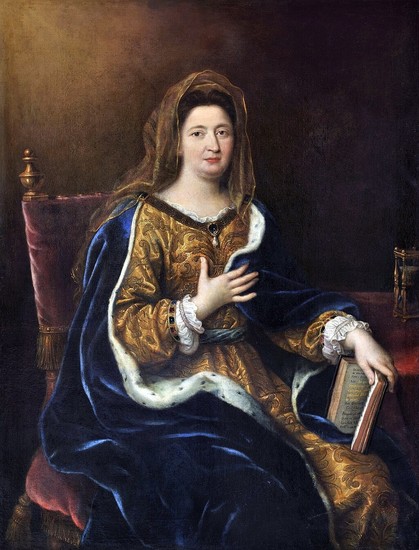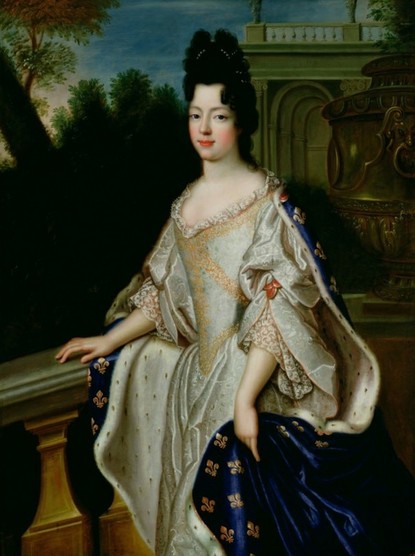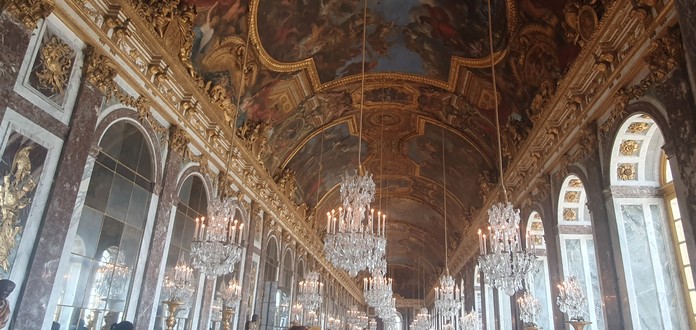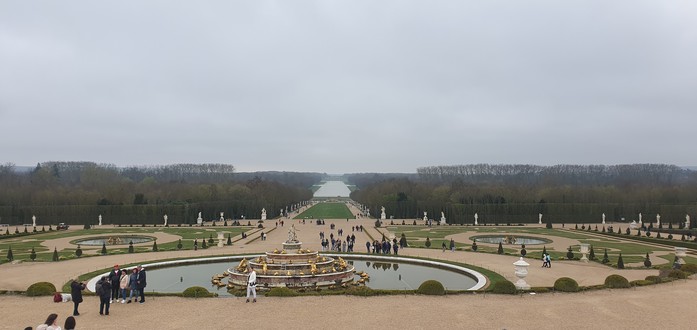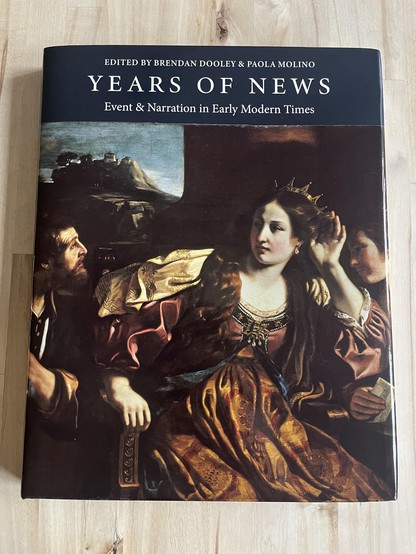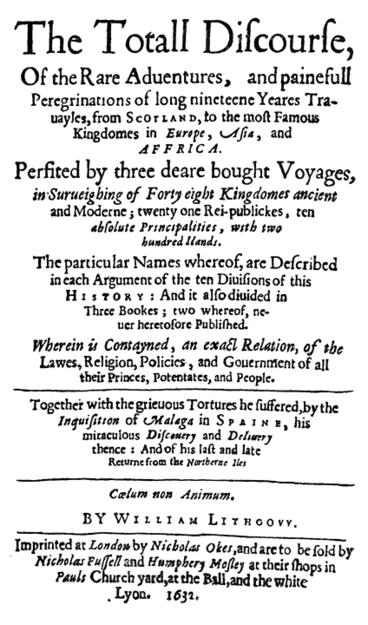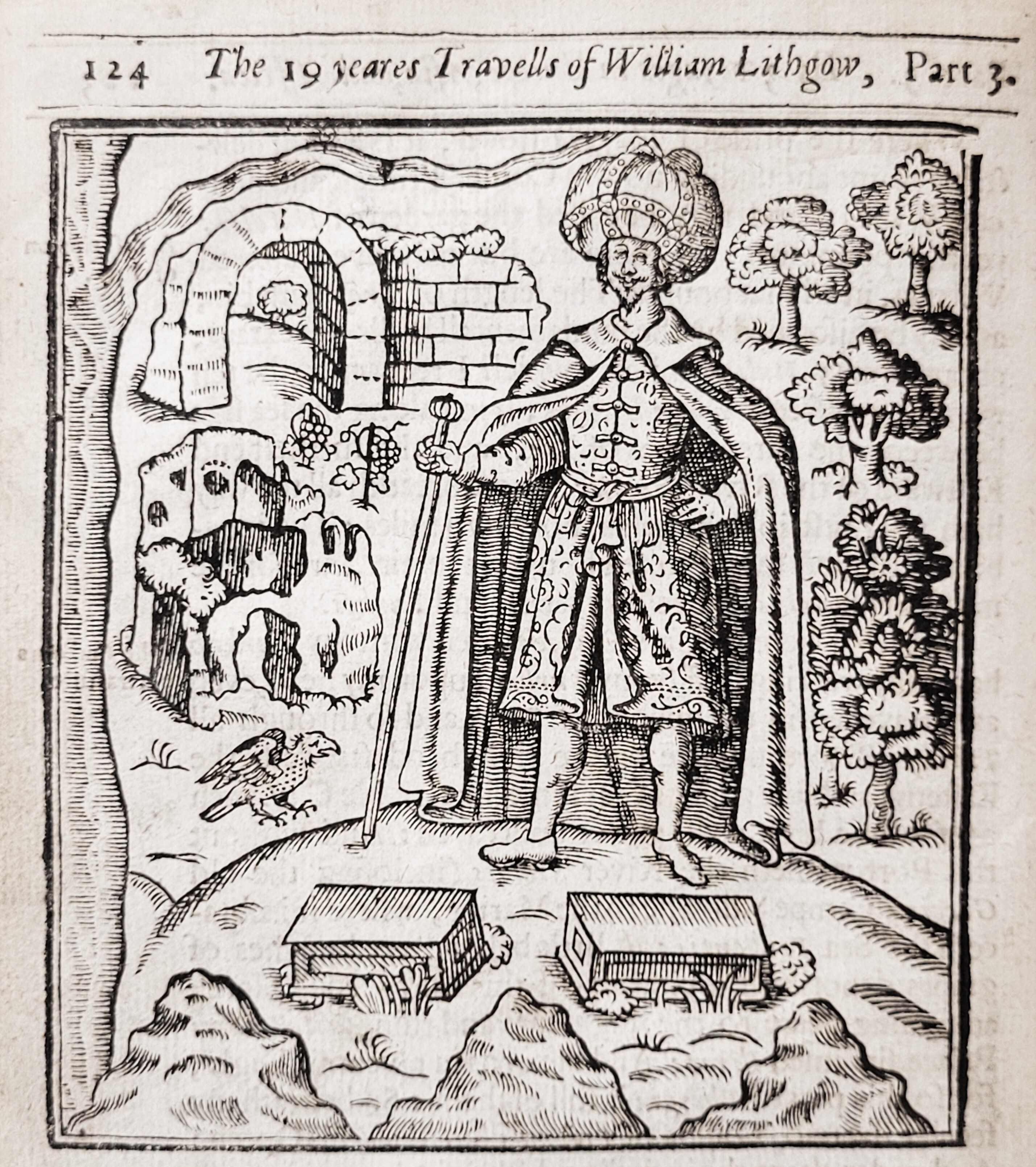@histodons @historikerinnen @earlymodern
Another woman that played an important role at Versailles was Françoise d’Aubigné, Marquise de Maintenon. She was first mistress and later wife of Louis XIV, although this marriage was never openly acknowledged. Nevertheless, she was a close confidant and advisor to the king and everybody knew about her political influence. The audioguide doesn’t mention this. At several points it describes how Louis XIV discussed politics with his (male) advisors in this or that room. Madame de Maintenon isn’t mentioned in these contexts. She is only discussed, when talking about Louis’ XIV free time and that he enjoyed going for extended walks with her. That they might have discussed politics isn’t mentioned at all, neither that she was an important political and diplomatic actor at the French court. (5/7)


